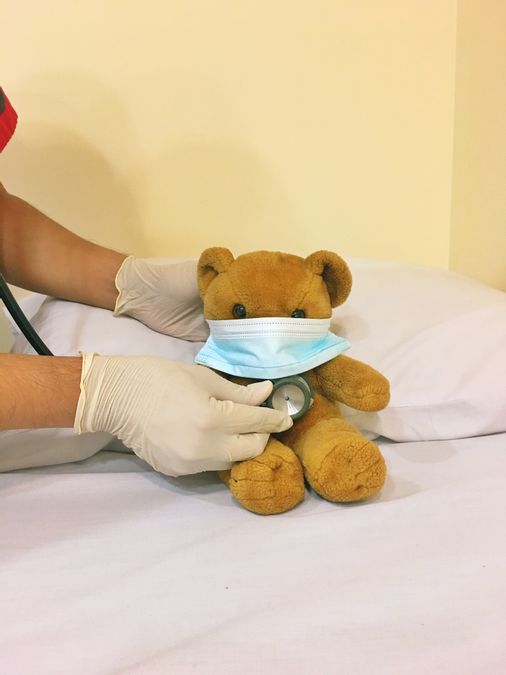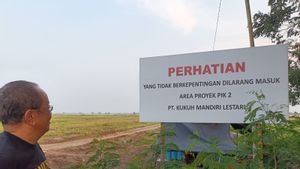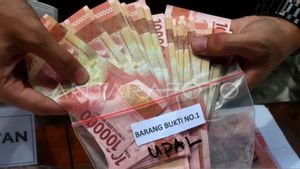YOGYAKARTA - When asked what arithmetic is in children, yes Aritmia is an unnatural heart rhythm. In arrhythmias, abnormal electrical signals through the heart muscle can cause a beating heart very fast (takicardia), very slowly (bradicardia), or disorderly. When the heart does not beat normally, the heart also cannot pump blood into the body. That means the brain, lungs, and other organs may not get enough blood. And the organs cannot work properly and can be damaged.
Aritmia in children includes:
Aritmia is an abnormal heart rhythm. In arrhythmias, abnormal electrical signals through the heart muscle can cause the heart to beat too fast (takicardia), too slowly (bradicardia), or irregularly. When the heart does not beat normally, the heart also cannot pump blood into the body. That means the brain, lungs, and other organs may not get enough blood. And organs can't work properly and can be damaged.
Aritmia in children includes:
* Long-Q-T syndrome (LQTS). This is a condition passed down from parents to children (derived). Usually affects children and young adults. Many children have no symptoms, but fainting often occurs in those who do it. It can also cause heart attacks
* Premature atrium contraction (PAC) and premature ventricle contraction (PVC). PAC or PVC is an abnormal beat that starts in the upper room of the heart (atrium). They are common in children and adolescents. Often, they are considered very normal and harmless.
* Sinus takikardia. A fast heart rate that occurs with fever, excitement, and exercise. That's normal.
* Takikardia supraventricular (SVT), takicardia atrium paroxismal (PAT), or takicardia supraventricular paroxismal (PSVT). This is the most common takicardia in children. Unnormal electric circuits or focus locations in atrium can lead to rapid heartbeats. Treatment may be needed if it occurs frequently or lasts a long time.
* Wolff-Parkinson-White (WPW) syndrome. This is an abnormal electric signal that reaches the ventricle through additional electric lines. It's been around since birth. A fast heart rate is a common symptom. Or a child may not have symptoms. Sudden heart death may rarely occur.
* Takikardia ventricle (VT). This is a potentially life-threatening arithmetic. Maybe from a serious heart disease. This is caused by a very fast electrical signal from the ventricle. A child may feel weak, tired, dizzy, or fainted (sinkop). He may also feel his heart rate (palpitation).
* Sinus syndrome is sick. Natural pacemakers (sinus contemplations) do not function properly. This causes a slow heart rate.. This can occur in children who undergo open heart surgery. A child may not have symptoms. A child with symptoms may be tired or dizzy, or may faint.
* The heart block is complete. Electric signals from the upper room to the bottom are blocked. The heart usually beats much slower. This problem can occur after heart surgery or is caused by heart disease. This can cause the child to faint.
What causes arithmetic in children?
The cause of the arrhythmia may not be known. Some of the known causes in children include:
What are the symptoms of arrhythmia in children?
A child with arrhythmia may not have any symptoms. For those who do, this is the most common symptom:
Symptoms of arrhythmia may look like health conditions or other heart problems. Make sure your child meets his health care provider for diagnosis.
So after knowing what arithmetic is to children, see other interesting news on VOI, it's time to revolutionize news!
The English, Chinese, Japanese, Arabic, and French versions are automatically generated by the AI. So there may still be inaccuracies in translating, please always see Indonesian as our main language. (system supported by DigitalSiber.id)













